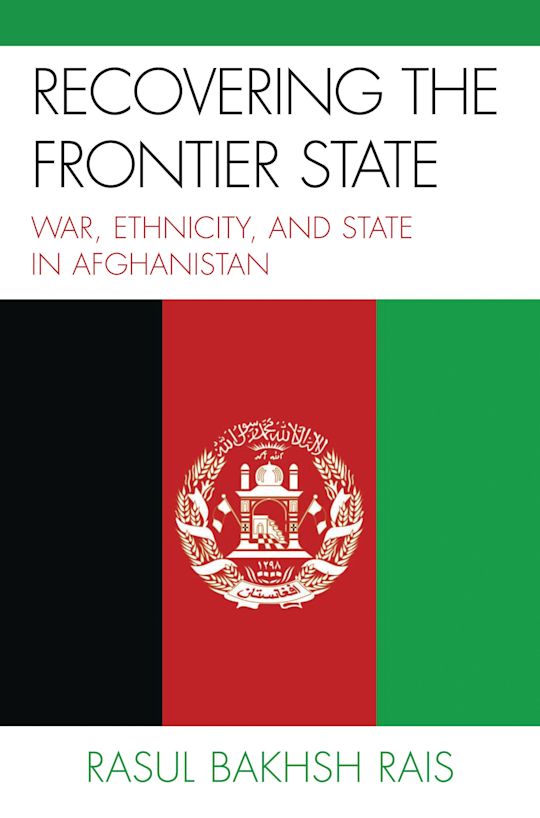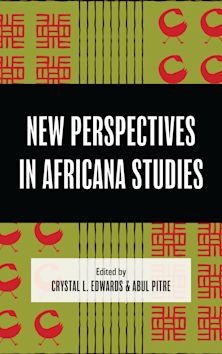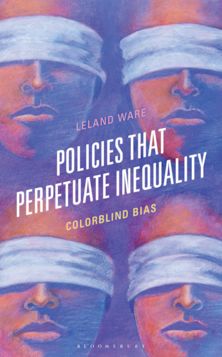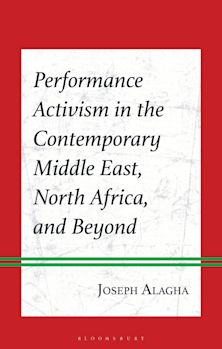- Home
- ACADEMIC
- Politics & International Relations
- Race and Ethnicity
- Recovering the Frontier State
Recovering the Frontier State
War, Ethnicity, and the State in Afghanistan
Recovering the Frontier State
War, Ethnicity, and the State in Afghanistan
For information on how we process your data, read our Privacy Policy
Thank you. We will email you when this book is available to order
You must sign in to add this item to your wishlist. Please sign in or create an account
Description
This book examines the prospects for rebuilding state and nation in Afghanistan with regard to "Operation Enduring Freedom" carried out by the international coalition. It starts off by delineating the conceptual basis of Afghanistan's status as a frontier state. Looking at geo-strategic aspects Afghanistan's position as an historical buffer between empires and its internal characteristics--weak authority structure, internal conflicts, interventions by neighbors, legitimacy of internal conquest, and trans-national ethnicities, the book provides insights into the unique geo-political context of Afghanistan. Whilst the author deems the legacy of the previous intervention for containment as a major contributing factor to the disorder in Afghanistan's state and society, he draws on lessons from the past intervention to assuage current obstacles and stalemate that is hindering political, social, and economic development in Afghanistan.
Focusing on the impediments to development in Afghanistan, the background against which the problem needs to be analyzed, and consequently countered, is effectively set out. Incessant war and insurgency has led to mobilization along ethnic and religious lines in Afghanistan and has had profound effects on the kinds of intuitions that have perpetuated over time. Ethnic and religious groups have applied constant pressure on the state and this dissonance has had enduring negative consequences on nation building, social cohesion, and state-society relationships. Pre-emptive and reactive intervention by neighboring states and their links to ethnic groups inside Afghanistan is another dimension which is analyzed. An extensive exploration into the geo-political history of social groups of Afghanistan with an intensive account of the rise of various power contenders as a function of their history, their links with external actors, and their traditional position in the indigenous vertical hierarchy are made. Unconventional war and counter-insurgency operations funded by foreign and loca
Table of Contents
Chapter 2 1 Introduction
Chapter 3 2 Ethnicity, Political Power, and Fragmentation
Chapter 4 3 Rise of the Taliban and Civil War
Chapter 5 4 The United States and War on Terrorism
Chapter 6 5 Restructuring the Afghan State
Chapter 7 6 Political Economy of Drugs and Warlordism
Chapter 8 7 Afghanistan and Neighboring States
Chapter 9 8 Conclusion
Chapter 10 Bibliography
Product details
| Published | Mar 20 2008 |
|---|---|
| Format | Ebook (Epub & Mobi) |
| Edition | 1st |
| Extent | 252 |
| ISBN | 9780739137024 |
| Imprint | Lexington Books |
| Publisher | Bloomsbury Publishing |
About the contributors
Reviews
-
Rasul Rais has written a thorough, complex analysis of the key issues that continue to torment Afghanistan. His recurring argument, one not often made so directly or clearly, is that too frequently the Taliban have been narrowly analyzed as a religious movement 'in the image of extremist Islamic political movements,' missing the fact that they have emerged from, and represent, Pashtun ethnic and political interests. Comparing today's conflict with the 1980s Soviet war in Afghanistan, Rais argues that the 'present Taliban force is built around Afghan nationalism and its driving force is Pashtun ethnicity more than it was before the American war.' This study covers a full range of sources and offers experienced insight into the continued instability in Afghanistan.
Robert Nichols, associate professor of history, Richard Stockton College
-
This is a very important and timely book. The volume is magisterial in scope; by far the best recent work to appear dealing with Afghan society, ethnicity and the effects of the US- led occupation. In particular, the chapter Ethnicity, Political Power, and Fragmentation is the clearest and most accessible treatment of the role of ethnonationalism in Afghanistan and the treatment of the rise of the Taliban is groundbreaking, offering far more nuanced views than earlier explanations. The volume is a must-read for South and Central asianists and those interested in US foreign policy...
Charles Kennedy, professor of political science, Wake Forest University
-
Rasul Bakhsh Rais has written a historically informed, highly readable critical account of efforts by the U.S. and other world powers to stabilize Afghanistan and integrate into the international system since September 11. He draws on decades of research and writing on that country, as well as Pakistan, his own country, whose fate is so closely tied to that of his neighbor. Everyone interested in Afghanistan should buy this book.
Barnett R. Rubin, director of studies and senior fellow, Center on International Cooperation, New York University
-
This well-researched and lucidly written book examines the effect of the recent wars in Afghanistan on the country's ethnic mosaic, state institutions, and capacity to function as a sovereign state. Rais provides an informative anaylsis of Afghanistan's intra- and interethnic relations. . . . Highly recommended.
Choice Reviews
-
A sweeping survey of the Afghan political landscape is given perspective by a thoughtful study of the challenges to the state, the significance of ethnicity, and failures in post-conflict reconstruction. The book details the missed opportunities in US and Western policies to stabilize the country and remove the sources of global terrorism. The narrative offers a sober reminder of how the world cannot afford to allow history to repeat itself in Afghanistan.
Marvin G. Weinbaum, Scholar-in-Residence, Middle East Institute, and former State Department analyst for Pakistan
-
This is a very important and timely book. The volume is magisterial in scope; by far the best recent work to appear dealing with Afghan society, ethnicity and the effects of the US- led occupation. In particular, the chapter "Ethnicity, Political Power, and Fragmentation" is the clearest and most accessible treatment of the role of ethnonationalism in Afghanistan and the treatment of the rise of the Taliban is groundbreaking, offering far more nuanced views than earlier explanations.
The volume is a must-read for South and Central asianists and those interested in US foreign policy.Charles Kennedy, professor of political science, Wake Forest University



































